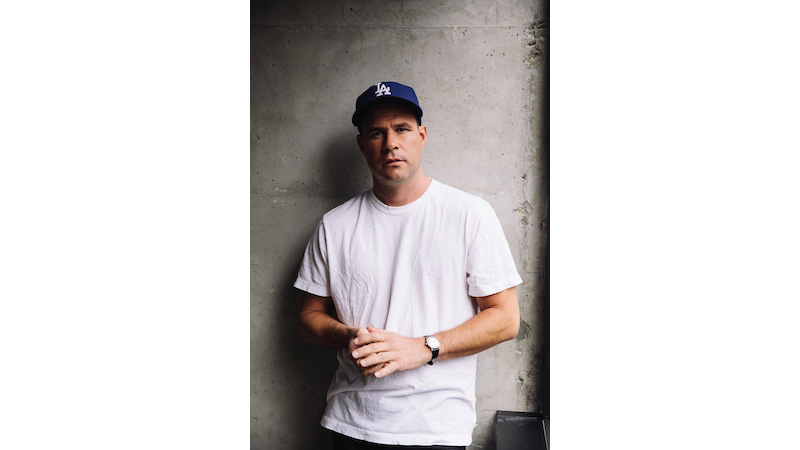Bastian Lehmann, CEO and co-founder of Postmates, was man of the hour as his keynote address kicked off the third annual Food on Demand Conference today, for the first time in all-virtual format. That’s because Uber is set to buy Postmates, which is a distant fourth in market share at 8 percent but nonetheless mighty, Lehmann maintains, especially as a third-party delivery pioneer.
“It re-started an industry that in 2011 and 2012 felt very stale from an innovations perspective. It felt very—old school is a bad word,” said Lehmann, who got the idea when he moved from Munich to London in 2005 and struggled to find a solution for moving goods around. “Customers didn’t have a choice and Postmates changed that single-handedly.”
Lehmann was preparing the company’s IPO before Uber’s bid in July. “Postmates was focused on going public, and we saw a great opportunity in the market to become a publicly traded company,” Lehmann said. “What happened, Uber reached out, we had a brief conversation,” with Uber Eats, the ride-hailing company’s newer subsidiary. “We decided it would be to great benefit. We’re both strong in different markets, and I think both companies have had a slightly different focus.
“Postmates has always been focused on small, in dependent merchants. We have by far the most merchants on our platform,” he said. “We invented the ability to walk into any restaurant and have food delivered, and that has led over the years to this beautiful network of restaurants.”
Postmates also delivers a wide variety of other types of goods, including through partnerships with convenience store giant 7-Eleven and electronics retailer Apple, plus independent merchants like hardware stores. Whether smaller merchants will remain king post-merger is unknown; Uber said in a statement the Postmates app will remain standalone after the deal closes.
“And we focus on the people who deliver, our Postmates,” Lehmann said, noting the company is named after those folks, and Postmates has a driver advisory board. Uber and Uber Eats, by contrast, have seen large-scale worker protests and regulatory actions aimed at re-classifying its independent contractors as employees.
Uber was pursuing Grubhub but lost out to Just Eat Takeaway, the Dutch food delivery company set to pay $7.3 billion, or $75.15 a share. In July, Uber announced it’s absorbing Postmates for $2.65 billion in stock. The merger better positions Uber Eats to compete with DoorDash, some analysts say.
As of June 2020, DoorDash had 45 percent market share; followed by Uber Eats at 24 percent; Grubhub with 22 percent and Postmates has 8 percent, according to Second Measure.
Tom Kaiser, editor of Food on Demand and the moderator for the keynote interview, asked Lehmann how the industry will look back five years from now at “this awful pandemic,” as he put it.
“Let’s start by saying that, I do believe that what happened with COVID-19 is very tragic for the restaurant industry at large,” Lehmann said, then turned to more positive outcomes. “I do believe the entire industry has advanced in a very short period of time. We see smart operators leaning into the remaining lifeline that they have, and that is takeout and delivery and customer pickup. And they’re doing that in really, really smart ways.”
Kaiser noted third-party delivery “has received its fair share of negative press,” leading to such things as municipalities proposing fee caps.
“It has to be something we do hand in hand. it can’t be something that is dictated by local governments,” Lehmann said about adjusting fee structures with all stakeholders in mind. “I really believe this is not the American way.”
The Food On Demand Conference continues its all-virtual presentations, including breakout sessions, exhibit booths and networking opportunities, through August 11, 10 a.m. to 3 p.m. CST each day. Visit foodondemandnews.com for more information.


